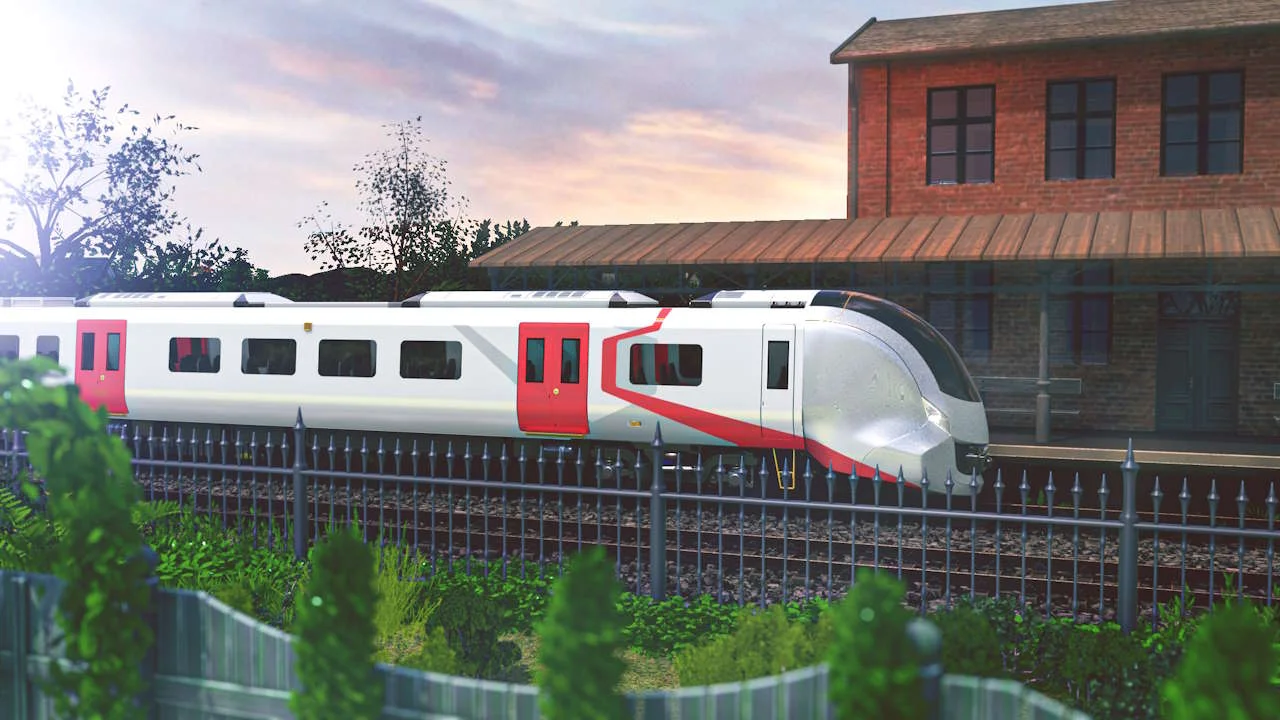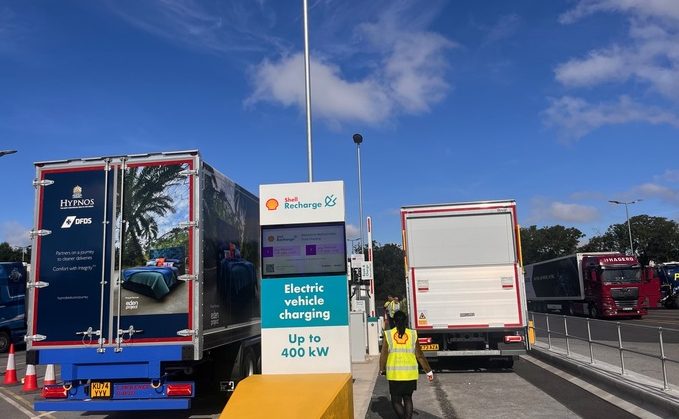Birmingham University’s collaboration for next-generation train batteries

In an ambitious stride towards advancing rail technology, Hitachi Rail, in partnership with the University of Birmingham, is leading a public-private initiative to develop a pioneering battery pack for trains. This next-generation battery is aimed at commuter and suburban trains, promising to be 40% smaller while boosting energy density by 22%. This compact design, leveraging advanced LFP (Lithium Iron Phosphate) chemistry, allows for the inclusion in lower floor trains, enhancing accessibility at platforms.
The design, developed in collaboration with Sunderland’s Turntide Technologies, underscores a significant step in transferring cutting-edge automotive battery technology to the rail sector. This move is expected to ease maintenance and retrofitting processes, promoting a more inclusive design and simplifying industrial applications.
Further contributions come from DB ESG, which is at the forefront of designing a bespoke battery housing that incorporates essential safety features such as fire protection and cooling systems. This is built upon the experience gained from previous intercity battery projects, streamlining maintenance efforts.
Central to this initiative is the Birmingham Centre for Railway Research and Education (BCRRE) at the University of Birmingham, which is refining the battery’s design and usage through detailed railway simulations across the UK, particularly in the North of England. This effort not only optimises battery performance but also enhances the capabilities of BCRRE’s railway simulator, enriching the training and development of future railway specialists.
The project, with a budget of £1.4 million, benefits from equal funding contributions from the private and public sectors, including significant support from Innovate UK. This investment aims to foster innovation and inclusivity in rail technology while bolstering the skills and experience available at the University of Birmingham.
Koji Agatsuma, Chief Technology Officer of Vehicles at Hitachi Rail, highlights the rapid pace of battery innovation: “The acceleration of battery innovation is incredible. This is why at Hitachi, we use our expertise from Italy, Japan, and the UK to ensure our partners remain at the forefront of battery technology.”
Professor Pietro Tricoli of BCRRE also emphasises the project’s potential impact: “This proposed project includes a comprehensive research programme aimed at optimising the design and the usage of the battery when the train travels in the non-electrified parts of the network.”
Nick Goodhand, Managing Director at DB ESG, adds: “DB ESG already has considerable expertise in the field of battery housing design. For the previous two years, we have been working with Hitachi Rail to create a battery system for their intercity battery trial. This new project has enabled us to build on this experience to develop a new battery design solution for the low floor commuter train.”
As Hitachi Rail continues to expand its technological and geographical footprint, including the recent acquisition of Thales’ Ground Transportation Systems, this battery development marks a significant milestone in enhancing the efficiency and reach of global rail transport.
Image: Hitachi




